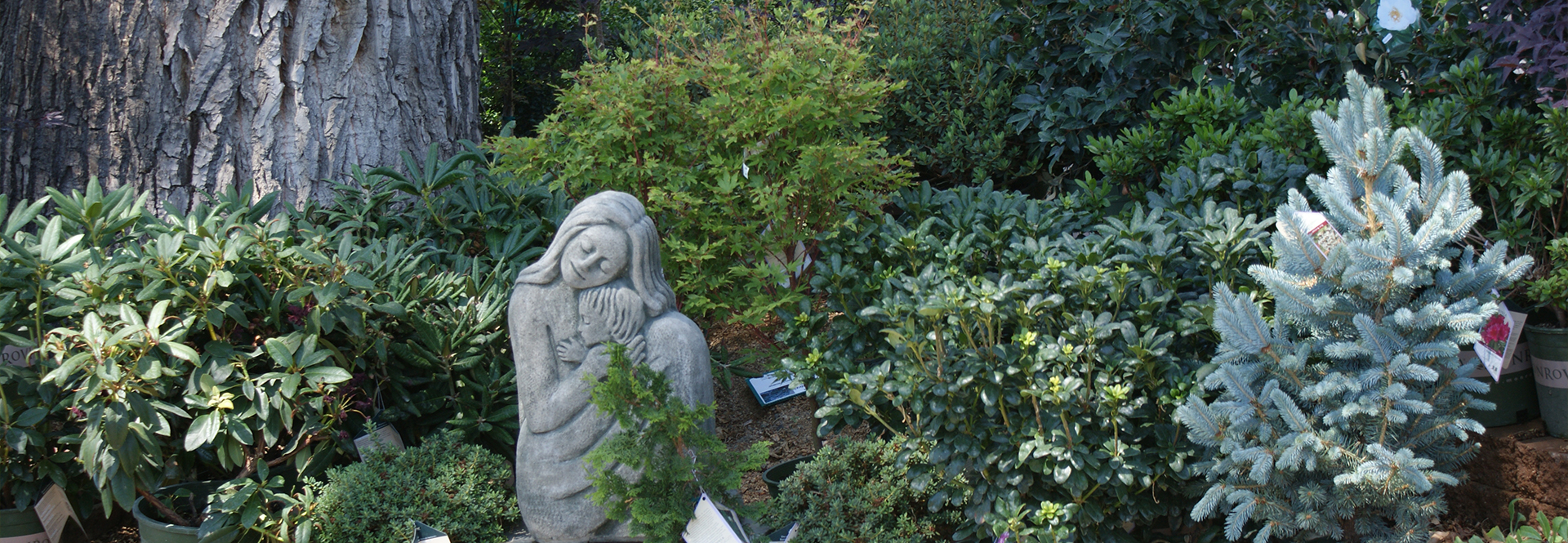by Ken Lain, the mountain gardener
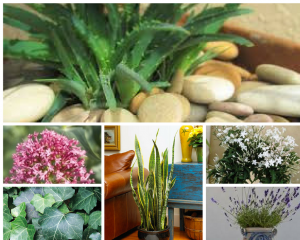
There is no question that proper sleep hygiene is essential for optimal brain function. Perpetually debated is the precise number of hours we should sleep to feel our very best, a number that varies for mostly genetic reasons.
Research has confirmed that there is an active correlative link between sleep impairment and subsequent decline in 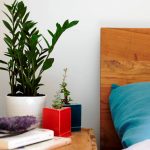 one’s mental and physical health. Humans who do not get sufficient restorative sleep suffer from a host of problems including pronounced anxiety, chronic stress, insomnia, hypertension, and diabetes.
one’s mental and physical health. Humans who do not get sufficient restorative sleep suffer from a host of problems including pronounced anxiety, chronic stress, insomnia, hypertension, and diabetes.
If you have a hard time getting enough sleep, do what you already know encourages a good sleep environment: keep your bedroom cool, dark, restful, and as best possible shut off from household and neighborhood noises. Consistency is also key to a beneficial sleep routine.
There are several plants that when placed in your bedroom can help achieve a more restful slumber. The following plants should not be used for medicinal purposes or to treat chronic sleep problems such as sleep apnea, insomnia, or chronic anxiety. Plants are used as supplemental natural aids for effective sleep hygiene instead of resorting to melatonin supplements and prescription medicines.
Before you seek professional advice for chronic sleeplessness issues, try setting several of these plants in your bedroom. The next morning see if you feel a bit more rested and refreshed. Read on for the health benefits of these particular plants. As always discuss this idea with your doctor if you have any chronic ailments that need to be addressed.
English Ivy plant – One of NASA’s top plants for purifying air, English ivy is simple to grow and only needs moderate exposure to sunlight. It also can be beneficial for those who have breathing problems, allergies, or asthma which severely impact both the quantity and quality of sleep. Studies show that English ivy can reduce air molds 90- 94% in only 12 hours.
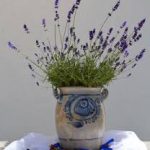 Lavender – Well known to induce sleep and reduce anxiety, lavender enhances one’s GABA levels, the inhibitory neurotransmitters that influence feelings of natural drowsiness. The smell of lavender actually slows down your heart rate and reduces anxiety levels. Interestingly, psychological studies have shown that in women lavender has been shown to increase light sleep, decrease REM, and to reduce the amount of time to wake up after first falling asleep. The opposite effects were noted in men.
Lavender – Well known to induce sleep and reduce anxiety, lavender enhances one’s GABA levels, the inhibitory neurotransmitters that influence feelings of natural drowsiness. The smell of lavender actually slows down your heart rate and reduces anxiety levels. Interestingly, psychological studies have shown that in women lavender has been shown to increase light sleep, decrease REM, and to reduce the amount of time to wake up after first falling asleep. The opposite effects were noted in men. 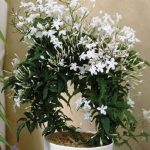
Jasmine – Studies have shown that the scent of jasmine reduces anxiety levels, leading to a high quality of sleep while hitting more cycles of REM and staying longer in REM. This, in turn, promotes more restorative sleep after which feelings of alertness and productivity are increased.
 Valerian – The root of the valerian plant has been used as a tea or tincture since ancient times. Galen, Roman physician and philosopher, prescribed it for his patients to combat excessive anxiety and insomnia. Newer research has shown that Galen was well ahead of his time when specifying valerian root. Merely inhaling its pleasant sweet aroma is enough to help you fall asleep quickly and efficiently with a likely chance of achieving restorative sleep.
Valerian – The root of the valerian plant has been used as a tea or tincture since ancient times. Galen, Roman physician and philosopher, prescribed it for his patients to combat excessive anxiety and insomnia. Newer research has shown that Galen was well ahead of his time when specifying valerian root. Merely inhaling its pleasant sweet aroma is enough to help you fall asleep quickly and efficiently with a likely chance of achieving restorative sleep.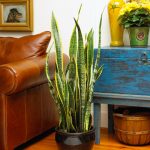
Snake Plant – Also known as ‘mother-in-law’s tongue’, this plant emits oxygen at night while you sleep, and simultaneously takes in carbon dioxide from the air inside your bedroom. It also filters nasty household toxins from the air, including formaldehyde and benzene.
Aloe Vera -Dubbed the ‘plant of immortality’ by Egyptians because it reproduces easily. If 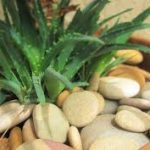 you buy one plant, you soon will have an aloe for ALL the rooms in your house! Aloe emits oxygen at night which helps you combat insomnia, and improves overall sleep quality. The plant doesn’t need much direct sunlight or water. Listed as one of NASA’s top air improving plants, it tolerates low maintenance and upkeep and is a plant worth investing in for its myriad health benefits.
you buy one plant, you soon will have an aloe for ALL the rooms in your house! Aloe emits oxygen at night which helps you combat insomnia, and improves overall sleep quality. The plant doesn’t need much direct sunlight or water. Listed as one of NASA’s top air improving plants, it tolerates low maintenance and upkeep and is a plant worth investing in for its myriad health benefits.
With stress and anxiety causing half of all insomnia issues and sleep problems, it’s a good idea to fill your bedroom with a variety of plants with calming effects. Studies show that spending time in nature reduces stress, so why not bring nature indoors?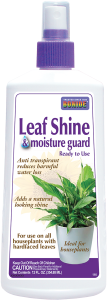
I recommend wiping down your plants’ leaves every week or so to ensure they can do their jobs effectively. Watters carries a plant shine specifically for houseplants that keeps your plants not only looking their best but also functioning their best in the bedroom.
Lastly, be sure to include a good mix of plants that purify the air in other areas of your house as well. In addition to the plants in your bedroom that induce sleep and restful slumber, you might end up getting a relaxing night’s sleep while being more productive and a happier person overall.
Until next week, I’ll be helping gardeners get a better night’s rest with houseplants here at Watters Garden Center.
Ken Lain can be found throughout the week at Watters Garden Center, 1815 W. Iron Springs Rd in Prescott, or contacted through his web site at WattersGardenCenter.com or FB.com/WattersGardenCenter .

